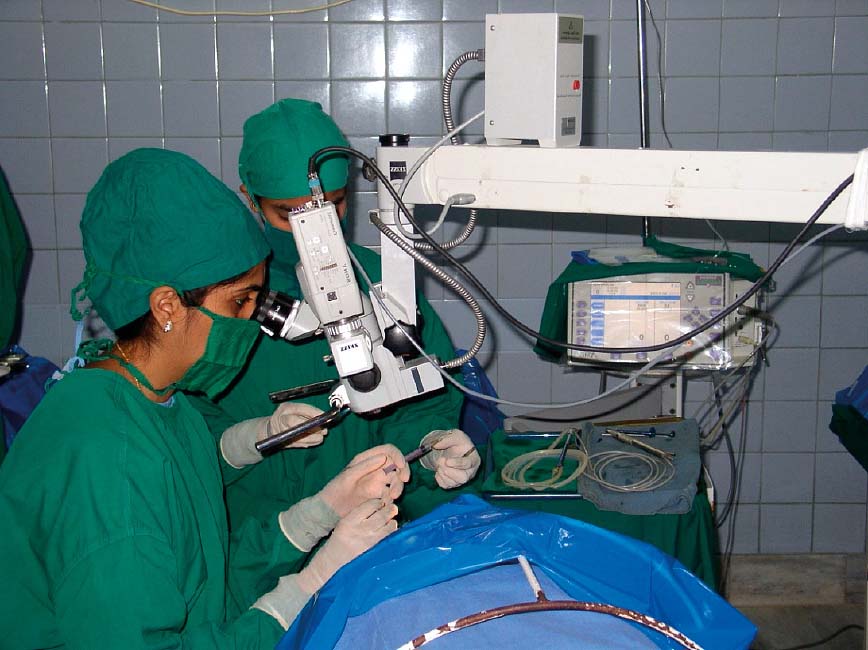Eye hospitals fear service breakdown

Eye hospitals in the country fear that bringing the specialised facilities under coronavirus treatment arrangement to serve the growing number of patients of the deadly disease might break down eye care services. They say emergency services for eye diseases like retinopathy of prematurity (ROP) and surgery on eyes affected in accidents will be badly affected in case of coronavirus treatment at eye hospitals.
“We fear we have to discontinue emergency eye care services if coronavirus isolation units are created at our hospital,” said Shamim Khan, chief of operations at Mazharul Haque BNSB Eye Hospital, Chandpur. Sources in eye care sector said district coronavirus prevention and control committees have asked eye hospitals to keep ready to set up coronavirus isolation units whenever the committee gives instructions.
“We know that coronavirus treatment is the topmost priority now to combat the deadly disease, but at the same time we have to keep in mind that emergency eye care services cannot be stopped in any situation,” Shamim told Bangladesh Post. The chief of another eye hospital in Mymensingh division said they have already stopped surgery to accommodate coronavirus or COVID-19 isolation units and now are offering only emergency services.
There are three tertiary eye hospitals – National Institute of Ophthalmology & Hospital and Ispahani Islamia Eye Institute & Hospital in Dhaka and Chittagong Eye Infirmary and Training Complex – 10 advanced secondary hospitals and around 30 secondary hospitals in the country.
Most of the eye hospitals are run by private owners or non-government organisations. Officials of eye hospitals and public health experts say brining such facilities under coronavirus treatment arrangement will affect eye care services, but they will able do a little to serve the coronavirus patients as they lack expertise and equipment.
“NGO eye hospitals are registered as general hospitals with DGHS (Directorate General of Health Services) in absence of a separate policy for eye hospitals, but they lack facilities of a general hospital,” said public health expert Dr Munir Ahmed. He said eye care hospitals are run by ophthalmologists, ophthalmic personnel and specially trained nurses and they are equipped with specialised type of devices and equipment unlike general hospitals.
“How these doctors and nurses devoid of skills and expertise that a health professional of a general hospital should have will serve coronavirus patients,” questioned Dr Munir, who is the Bangladesh country director of Oribs International. He suggested that eye hospitals can be taken under coronavirus treatment arrangement only as the last resort.
“If the eye hospitals are taken under COVID-19 treatment arrangement, doctors and nurses should be taken there from general hospitals. Otherwise, everything will be a futile exercise,” Dr Munir said.
Eye hospital officials said the government should give them financial aid to help them pay their staff salary and meet other expenses if the corona isolation units are set up there, as their main source of earning – fees and charges collected from the patients – will remain suspended.
Dr Munir said coronavirus prevention and control committees should have public health experts as members to well decide where to give priority in case of emergency from public health viewpoints. Contacted an additional director general of DGHS said they will not bring eye hospital under COVID-treatment arrangement unless the situation compels them.
On condition of anonymity, the official also said the government will pay the hospitals to meet their expenses in case coronavirus isolation units are set up there.



